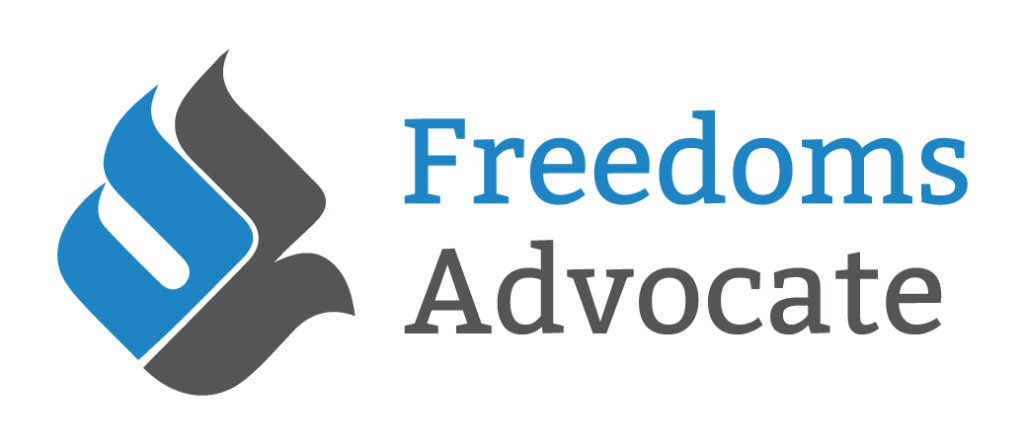Paul Daly
Deference to government built into Charter
The Charter is not the only game in town. When thinking about the pandemic, whether public health measures were justified or not, they were based on extremely broad delegations of power to unelected officials, specifically executive officials in government.
Some of the sweeping delegations of authority were challenged in court, obviously unsuccessfully. That’s not a Charter issue that’s an issue of the Constitution Act, specifically the Constitution Acts of 1867 and 1982. The part which relates to delegation of authority is the Constitution Act of 1867. If the concern is government intrusion on rights and freedoms, the conversation has to include delegation of authority.
One of the issues is that there is deference to government officials built into the Canadian Charter of Rights and Freedoms. It lists very important rights and core freedoms but also says they can be limited where it’s demonstrably justified. Over the years, the Supreme Court has said this means there is some deference to policy choices made by elected representatives. The court has also said this with regards to administrative decisions made by government officials.
A prominent theme about public health measures is that they interfered with freedom of speech and religion. Were these measures justified because of public health concerns? The courts had to defer to policy judgements of the expert officials making those decisions. Whether those officials had the necessary expertise or not we can debate.
The Supreme Court has agreed to hear Taylor, a case from NFLD, about severe travel restrictions imposed in that province during the pandemic.
The argument of the Plaintiff, Kim Taylor, is that she was out of province while her mother was sick and possibly dying. She wanted to see her mother and wasn’t able to because travel in the province was restricted to residents. She was unsuccessful in Newfoundland courts, but the Supreme Court has agreed to hear that case. It will be an important decision on how public health concerns are justified. It’s always easier for courts to come at this after the fact.
When we look at the history of challenges against government overreach where governments claim there was an emergency, courts in the middle of it tend to be very deferential. Looking back with hindsight, courts tend to be less deferential.
I see the Charter as something that can be relied on, not just in court, but also for political decisions.
I’d never say the Charter is dead. When you’re arguing the Legislative Assembly or Parliament should or shouldn’t do something you can always make that argument in terms of the Charter. You can always make Charter arguments.
Is it dead as a judicial instrument? Well, the Charter has always been subject to deference and I don’t think anything changed radically because of the pandemic. Maybe we just saw more of it. Maybe pandemic measures really impacted people in a way that ordinarily legislation did not. People really felt their freedoms were being interfered with. Usually when pieces of legislation are challenged it’s a particular group being burdened. The pandemic subjected everyone to measures.
If there is going to be any sort of overhaul to the Charter, it would have to be to section 1 and the deference part. I don’t think it’s going to happen. I’m not a radical, just an old-fashioned lawyer. I like incremental change. I do think there is some scope for less deference to government, but those arguments have to be made on a case-by-case basis.
Lawyer Paul Daly is an internationally established expert on the administrative state, and holds the University Research Chair in Administrative Law and Governance at the University of Ottawa.
Michael Wagner
The Charter was a problem right from the start
 Perhaps the simplest way to change a country peacefully is to change its constitution. The constitution is the foundational document that essentially establishes a country by formulating the structure of its government and listing the rights and responsibilities of its citizens.
Perhaps the simplest way to change a country peacefully is to change its constitution. The constitution is the foundational document that essentially establishes a country by formulating the structure of its government and listing the rights and responsibilities of its citizens.
When you change the constitution, you change the country. This is something Pierre Trudeau understood well. He didn’t like Canada as it was and set out to change it.
From my perspective, the Charter was a problem right from the start. Pierre Trudeau wanted to fundamentally change Canada with the Charter. It was his intent to switch from Canada’s traditional system of Parliamentary supremacy to one where judges were given powers over the making of public policy. Of course, judges have used their powers aggressively since the Charter‘s equality rights section came into effect in 1985.
Because of the Charter, the Lord’s Day Act was struck down in 1985, all legal restrictions on abortion were struck down in 1988, prayer was removed from public schools in Ontario in 1988, and Canada’s traditional definition of marriage was struck down in Ontario in 2003. There were other effects as well, but these are good examples.
Many people did not recognize the negative results of Trudeau’s Charter until the covid lockdowns. That was because they weren’t personally affected until then. They lost certain liberties and found they had no recourse under the Charter because the Charter‘s “reasonable limits” clause permits judges to allow governments to override Charter rights (“The Canadian Charter of Rights and Freedoms guarantees the rights and freedoms set out in it subject only to such reasonable limits prescribed by law as can be demonstrably justified in a free and democratic society”).
One solution to this problem would be constitutional change, but that’s not going to happen. Another would be the appointment of new Supreme Court justices who hold to a conservative legal philosophy. This is very unlikely as well.
However, if Alberta was to become an independent country, it would no longer be under the Charter. As well, it would need to write its own constitution, and that new constitution could guarantee traditional individual liberties. This is the solution I favour.
Michael Wagner is an independent researcher and writer, and a columnist for the Western Standard. He has a PhD in political science from the University of Alberta. He has written books on Christianity and politics in Canada, and the Alberta independence movement. He and his wife have eleven children and they have been home educating for about 30 years.

